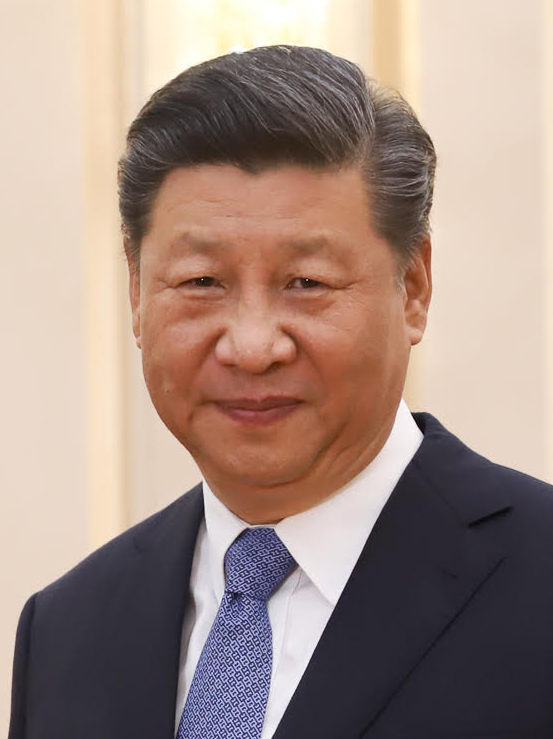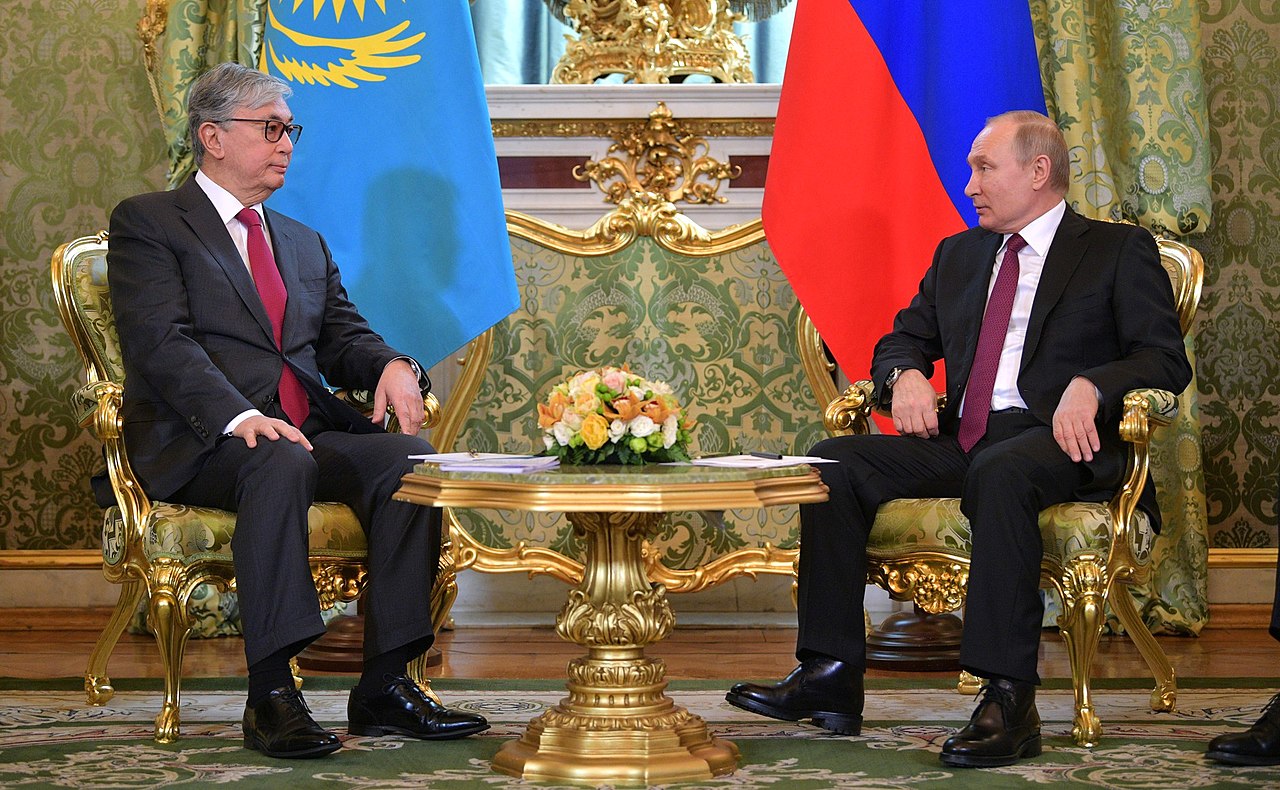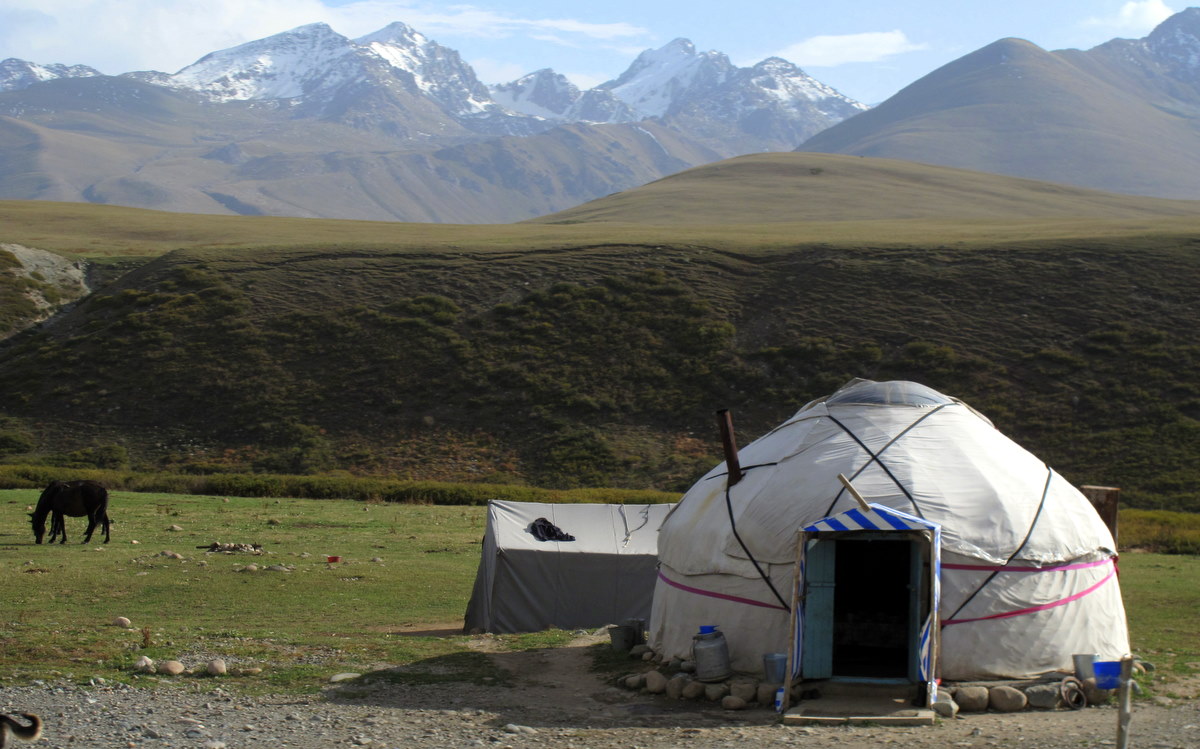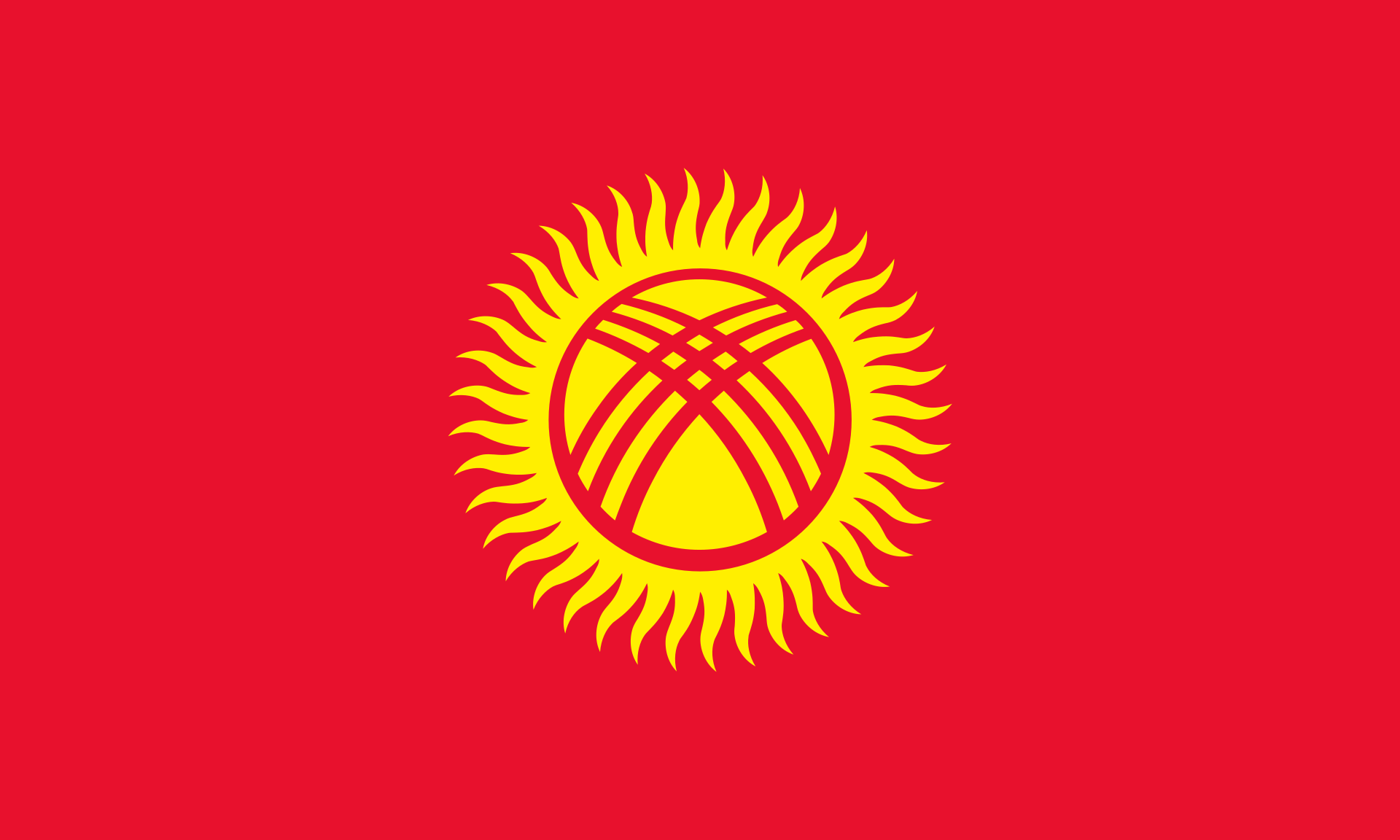With anti-China sentiments rising across the world and Beijing finding it increasingly tough to navigate through the blazing fire of hatred against it, there is an eerie silence among the Chinese leadership over Kazakhstan and Kyrgyzstan, which, like Myanmar are boiling up against China.
On March 27, thousands of Kazakhs took part in protest marches in cities like Almaty, Nur-Sultan, Oral, Shymkent and Aqtobe, and denounced China’s increasing influence and economic power in the Central Asian country.
They raised slogans against China’s expansionism and mass incarceration of members of indigenous Turkic-speaking communities in China’s Xinjiang region, including ethnic Kazakhs and Uyghurs.
Kazakhstan, Central Asia’s largest and most prosperous economy, like Kyrgyzstan, is a part of China’s Belt and Road Initiative.

In fact, it was during Chinese President Xi Jinping’s visit to Astana (which is now known as Nur-Sultan) in September 2013, the BRI was launched and, with this began the exploitation of Kazakhstan by Beijing.
In the name of infrastructure, China invested heavily in developing rail linkages, airports, roads and power projects. However, of the total 56 projects in which China has pumped money, nearly half of them are in oil and gas projects.
Experts say that the real intention of China in Kazakhstan has never been improving the economic condition of the Central Asian country by developing its infrastructure.
Instead its sole aim has been to source oil and gas from its southern neighbour and satisfy its ever increasing hunger for energy and minerals.
Kazakhstan has the world’s second largest reserves of uranium after Australia.
Under its so-called BRI model of development, China has laid focus on its growth and prosperity than its partner countries. Kazakhs are angry that Beijing is not involving local people in projects even as they are operating out of their land.
Most blue and white collar jobs are given to Chinese brought from across the border.
Even those who have got jobs in Chinese factories, are receiving much lower wages than their Chinese co-workers.
They are also highly disappointed with environmental hazards that China-led projects are causing to their country. In the oil-rich Zhanaozen city alone, dozens of Chinese companies are operating, locals say, outdated and polluting units.
In the first week of September 2019, hundreds of Kazakhs took part in a protest march against the Chinese factories, demanding a ban on their operations.
But nothing happened.

C: http://www.kremlin.ru/
Kazakhs are upset that their government is not taking China’s design seriously even as the latter is engaged in exploitation of the country’s resources and damaging its culture.
Chinese immigrants are moving to their country in hordes and are forcing local people to sell their land to them at knock down rates.
As a result, Kazakhs have said that if their government doesn’t take meaningful action against Chinese accused of destroying their beautiful country, they will raise the issue at various international forums.
Experts say the days when Kazakhstan turns into a Myanmar are not far off as discontent builds.
But China’s next Central Asian neighbour, Kyrgyzstan is also turning against Beijing.
Bishkek, the Kyrgyz capital, often finds itself being swarmed by hundreds of protestors, demanding curbs on work permits for Chinese citizens, reduction of the country’s debt to China, reduction in the Chinese presence, including a ban on Kyrgyz-Chinese marriages.

Although Kyrgyz people’s hostility towards Beijing has its roots in China’s abhorrent treatment of ethnic Kyrgyz back in Xinjiang, they are not able to ignore how cheap and substandard technologies offered by Beijing are becoming a source of their uncalculated trouble.
In particular, they don’t like to forget the accident at Bishkek’s main power plant which took place on January 26, 2018.
When the temperature was around -27 degree Celsius, the Kyrgyz capital turned into a ghost city for five days after one of the plant’s nine boilers broke down, knocking out other devices at the power plant.
Schools, colleges and offices were shut down, supply of hot water to homes stopped, thousands of people went hungry and some died in the freezing cold due to the accident at the power station.
This incident took place just one year after the thermal power station underwent a costly overhaul. As much as $386 million was spent on the plant for which funds came from the Export-Import Bank of China.
A contract for the renovation of the plant was given to a Chinese company based in Western China.
Kyrgyz people say the Chinese company was given the contract without proper scrutiny.
They see corruption and the Chinese habit of bribing the authorities as the key reason for the incident, which has left an indelible mark in the local people’s memory.

This year, so far, anti-China flare ups in Kyrgyzstan have been few and far between, but the Central Asian country is increasingly proving a live wire for China to handle.
In 2019, a mob of 300 villagers pelted the workers of a Chinese mining company with stones on the accusation that they spilled toxic waste into the local water supply and demanded that the mine be shut down – and the government was forced to abide by the people’s call.
And when a plan to develop a Kyrgyz free-trade zone in Bishkek under its Belt and Road Initiative in 2019, met with huge public resistance, it compelled Beijing to cease a multi-billion dollar project which had envisaged a giant logistics zone, a warehousing area, hotels and shopping malls.
For this, Kyrgyzstan had even given 200 hectares of land leased to the Chinese firm for 49 years.
But people found it yet another Chinese attempt at land grabbing that also shackled the local economy with a painful debt.
They made it clear that they don’t want to be the next Sri Lanka or Pakistan.
In substance, the anti-Chinese cauldron is thus not just on the boil in Myanmar, but in all countries which are currently part of the controversial Belt and Road Initiative.











Comments are closed.